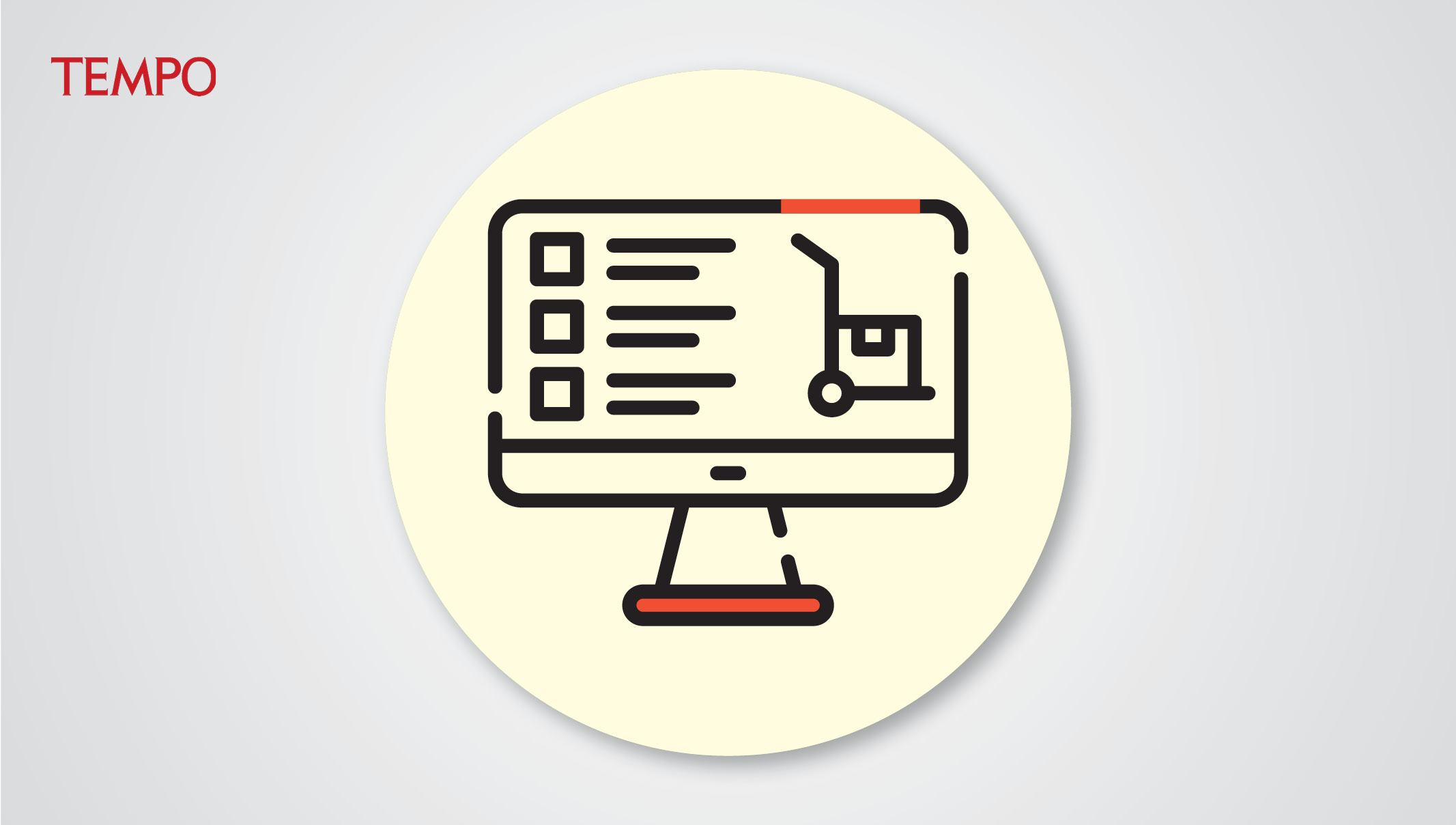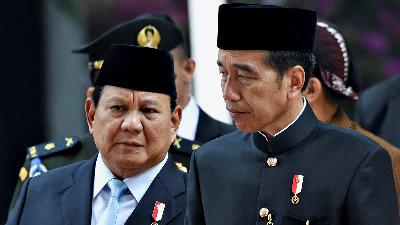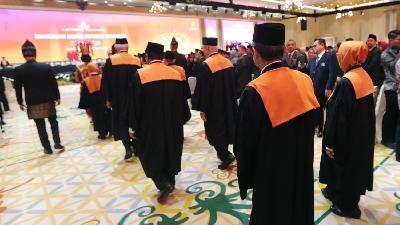The Bakrie Group Debt Gamble
Instead of paying its debts, the Bakrie Group is suing 12 creditors. This could become a bad precedent for the investment climate.
Tempo
October 7, 2024

COMPANIES in the Bakrie Group seemed to be putting into practice an ironic saying on social media: debtors are more aggressive than creditors when payment is demanded. Instead of paying their debts of Rp8.79 trillion, four media companies owned by tycoon-cum-politician Aburizal Bakrie are suing their creditors.
On September 20, the Central Jakarta Commercial Court granted a petition filed by four Bakrie Group media companies to postpone debt repayment obligations to November 4. The four Bakrie media companies—Viva News, ANTV, tvOne and Intermedia Capital, the ANTV majority shareholder—have been in arrears since 2013 to 12 overseas creditors.
For the last four years, the four Bakrie Group companies have not repaid either the principal or the interest on the loans. As it did in the past in response to crises, the Bakrie Group is once again trying various methods to escape from its problems. It has proposed a reduction in asset valuation in order to obtain debt relief and to only pay 20 percent of its obligations.
Of course, the creditors are opposed to this proposal because outside its media companies, the Bakrie Group has coal companies currently making profits at a time of a global shortfall of energy supplies due to many major conflicts. Last year, the revenues of Bumi Resources, the Bakrie coal holding company, were Rp14.44 trillion, with a four percent increase in profits in the first half of this year. Moreover, Energi Mega Persada, the Bakrie oil and gas holding company, saw profits rise by 26 percent compared to the previous year.
As well as the asset value reduction, the four Bakrie media companies are suing 12 creditors over credit agreements using shares as collateral, claiming that this guarantee is invalid. However, the real problem with these loans is that Bakrie failed to repay them when they were due.
As well as failing to repay its debts, the management of Viva and Intermedia did not issue audited 2023 financial reports. As a result, the shares in these two companies were stagnant on the stock exchange. Therefore, the Indonesian Stock Exchange temporarily halted trading in the two companies’ shares in 2024. Rather than learning from this sanction, Bakrie added the Indonesian Stock Exchange to the list of organizations being sued.
The chaotic state of the Bakrie Group’s debts has led to questions about the due diligence carried out by the consortium of foreign banks before providing loans to Bakrie business units. These banks should have known that Bakrie’s reputation meant that domestic banks were unwilling to fund his companies. These foreign banks readily offered new debts and are now suffering the consequences.
The resolution of the Bakrie debt problems will affect Indonesia’s business reputation in the eyes of overseas creditors, especially if the legal system and judges side with Bakrie. If Bakrie’s lawsuit against the 12 creditors is granted, this will set a bad precedent for Indonesian business. Creditors will take the view that the law in Indonesia sides with those refusing to pay their debts and does not provide a guarantee of fair business practices.
Right now, Indonesia needs investment and business cooperation to revive its sluggish economy. The resolution of the Bakrie Group debts puts at stake the question of whether Indonesia is still credible as a safe place to invest or not.


